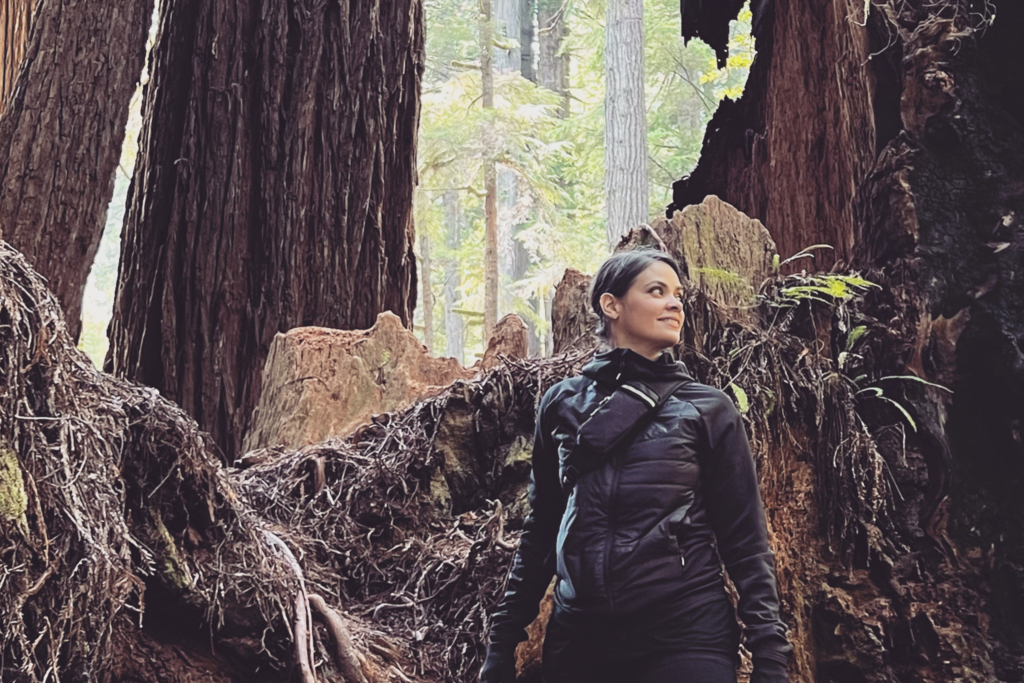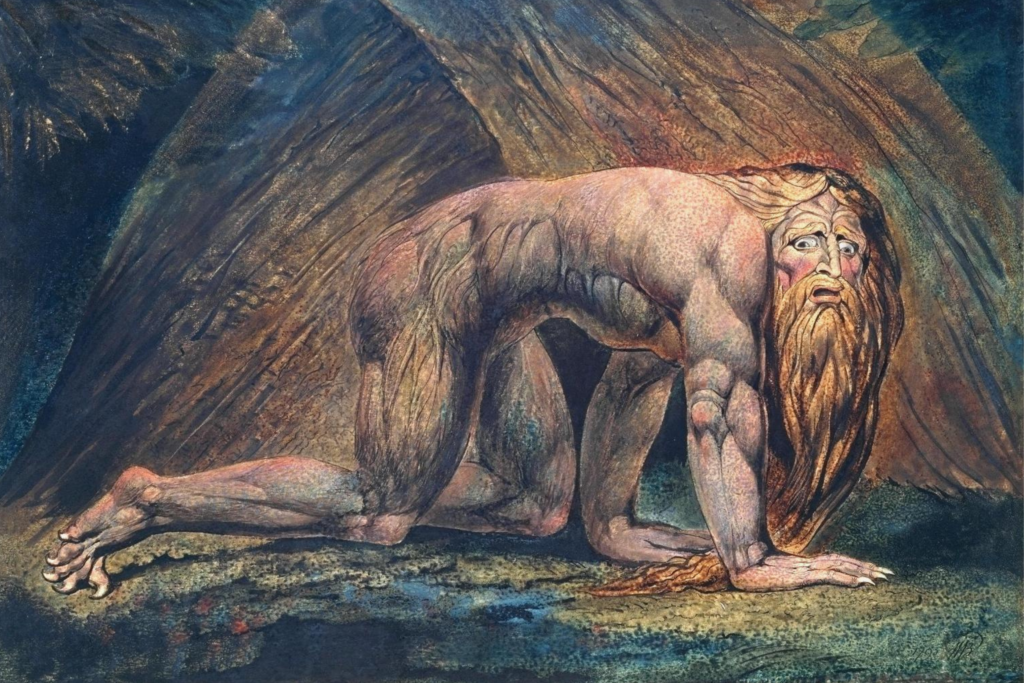
Root for each other.
That’s what the T-shirt I was wearing the other day said. I hadn’t worn it in years. The words were written right next to a drawing of a plant with its roots showing.
I know you’ve heard that phrase before. And I’m sure you’ve done it, too: encouraged or supported someone’s efforts for success or through a challenging time.
But the other day, I noticed a twist to that phrase. Instead of its intended meaning, I added a pause after the word root, and the meaning also shifted.
Root, as in plant yourself.
What if we also rooted ourselves in Christ for the benefit of another?
Root for each other. I’ll root for you, and you root for me.
Let your roots grow deep into Christ so that you remain faithful without wavering. Others need our stability, integrity, dependability, wisdom, and comfort from our intimacy with God Himself.
Don’t do it only for yourself. Do it for others as well. We’re not meant to go it alone in this life. Those who don’t have a relationship with God need us as much as those who do.
Root yourself in Christ so you’ll be unmoveable. You’ll be anchored and an anchor for someone else.
My husband and I took a cross-country trip to the redwood forest two summers ago. The coastal redwoods, found mainly in Northern California, Oregon, and Washington, are the tallest trees on Earth. The secret strength that upholds these giant trees is found in their roots. They only go 6-12 feet deep but extend to 100 feet wide and interlock with neighboring redwood trees.
Imagine a vast root system spread underground, giving it stability above ground through strong winds, earthquakes, storms, and floods.
Roots are vitally important because they provide nutrients and stability. This is true in our spiritual lives as well. However, roots are only as strong as their source.
If we’re not rooted in Christ, our whole body suffers. The mind-body connection is real. Our mind refers to our thoughts, which are influenced by what we choose to believe. Our mind will impact our emotions and our physical bodies. This is true for us as individuals and fellow believers.
The Bible describes believers in Jesus as the body of Christ. If one member suffers, we all suffer.
Someone may need your strength in an area of weakness. They may need comfort and encouragement when facing anxiety and depression. Perhaps they need your prayers to overcome certain habits they’re having difficulty breaking, like cursing, drinking, or gossiping.
We can’t give what we don’t have ourselves. Superficial Christianity won’t satisfy us. We need a profoundly intimate relationship with God through Jesus Christ—the kind that transforms us from within.
Almost nine months ago, I began to experience the effects of a hurried life that hadn’t prioritized tending my secret garden and how that impacted those in my sphere of influence. I want to encourage you to build a deeper, more intimate relationship with God, not only for your sake but for the sake of others.

